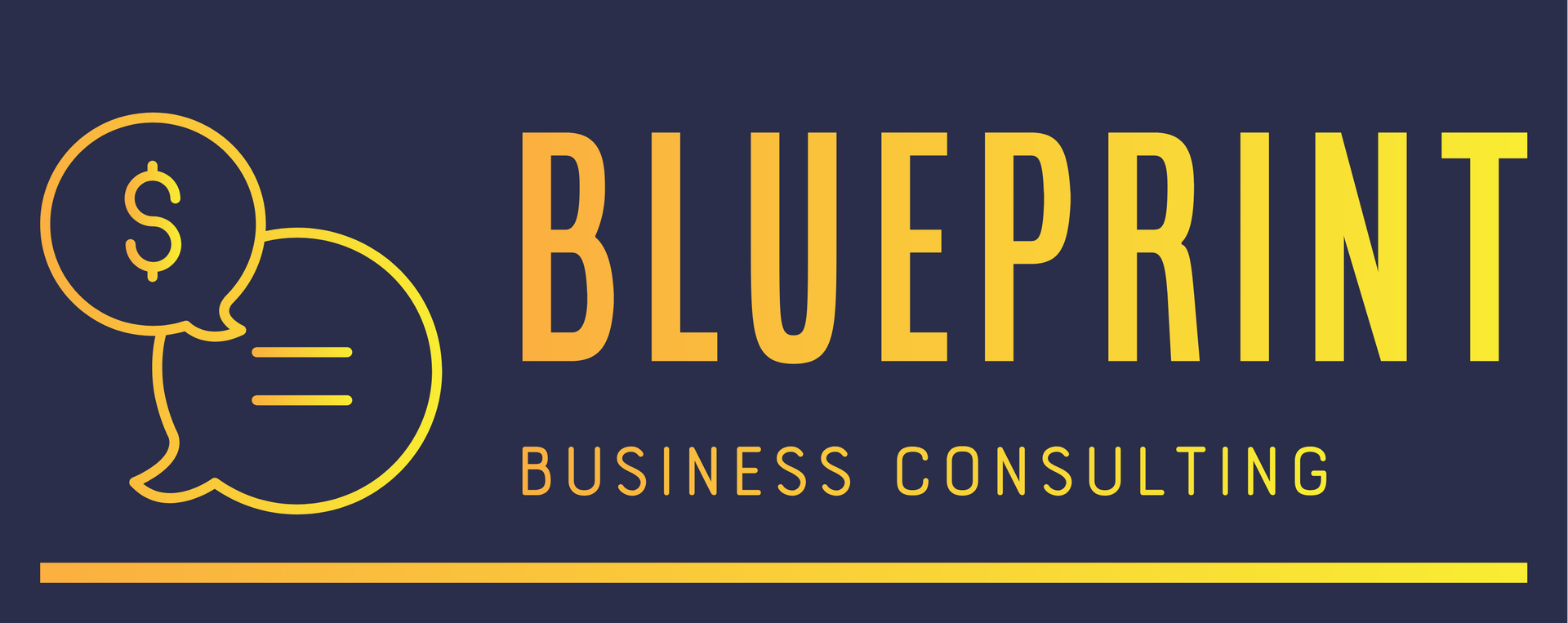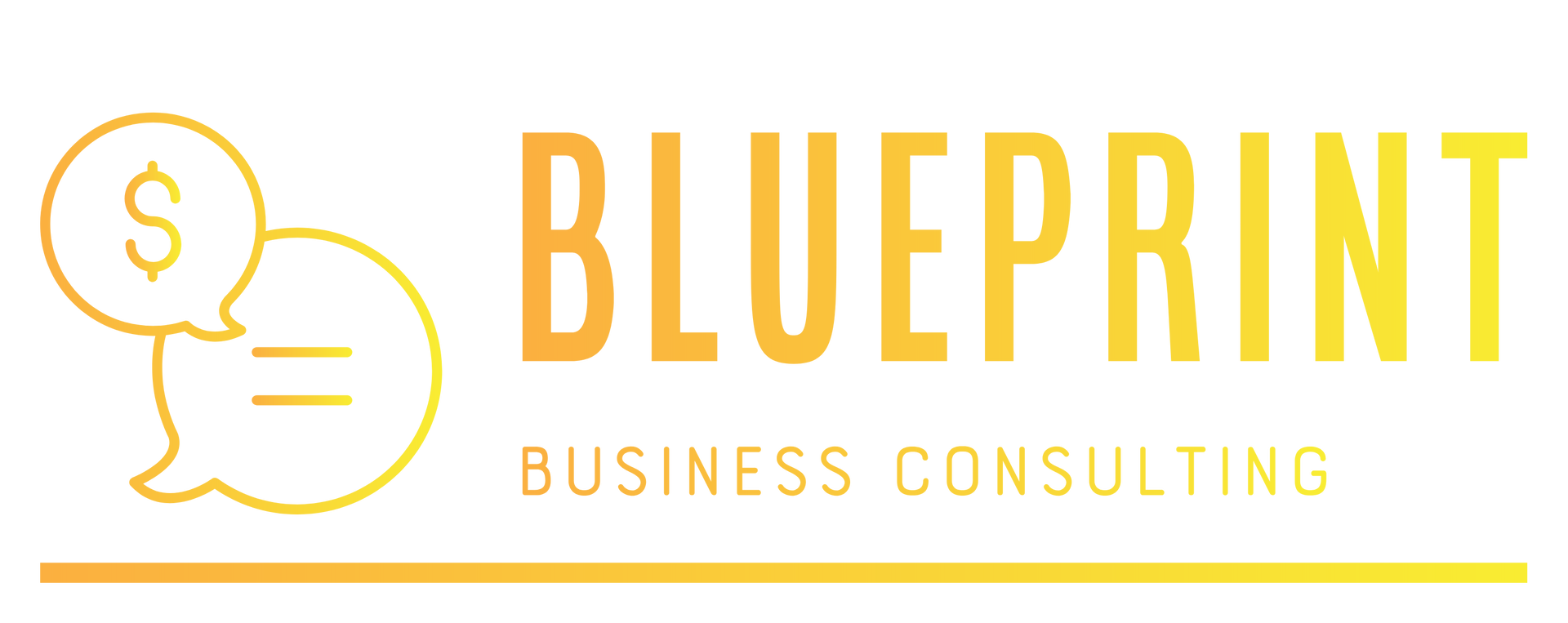The Tough First Year: Why Resource Awareness and Strategic Connections Matter
This is a subtitle for your new post
The Tough First Year: Why Resource Awareness and Strategic Connections Matter
The first year in business is a thrilling yet daunting ride. You start with excitement, a fresh logo, and maybe even a few loyal customers ready to support you. But what happens when passion meets reality—and reality bites harder than expected?
For many entrepreneurs, the first year becomes a crash course in everything they didn't know. And the hardest lessons often come from not tapping into the resources and relationships that could’ve made the road smoother—or even prevented failure.
The Cost of Not Knowing
One of the biggest challenges new business owners face isn't lack of effort or enthusiasm. It's lack of information. You don't know what you don't know, and that blind spot can cost you:
- Time spent reinventing the wheel.
- Money wasted on inefficient tools or overpriced services.
- Energy burned navigating red tape you didn’t even know existed.
Many entrepreneurs don't realize there are free or low-cost resources available through local chambers of commerce, small business development centers (SBDCs), economic development agencies, and nonprofit business accelerators. These organizations offer everything from business planning guidance to legal clinics, funding support, and networking events—all designed to help you succeed.
Yet too often, new business owners go it alone, unaware these tools even exist.
The Power of Strategic Alignment
In business, who you know can be just as important as what you know. Surrounding yourself with the right people—mentors, peers, industry experts, and supportive organizations—can dramatically change the game.
When you’re not connected, you miss out on:
- Advice from people who’ve already been where you’re going.
- Introductions to potential clients, partners, or investors.
- Referrals that could bring your next big opportunity.
Without these connections, many founders make avoidable mistakes, take longer to build momentum, or burn out trying to figure it all out alone.
When a Tough Start Becomes a Hard Stop
The brutal truth? Some businesses fail in that first year not because the idea was bad, but because the owner didn’t have the support or knowledge they needed. A difficult start isn’t just uncomfortable—it can be fatal to a fledgling business.
But it doesn’t have to be this way.
What You Can Do Differently
- Seek out local business resources early. Look into what your city, state, or region offers. Often, they have startup guides, grants, networking events, and even free consulting services.
- Build your business circle. Join industry groups, attend workshops, and don't be afraid to ask questions. Relationships are currency.
- Invest in mentorship. Find someone who’s a few steps ahead and learn from their journey. It can save you years of trial and error.
- Stay humble, stay hungry. The smartest entrepreneurs are the ones who never stop learning.
Final Thoughts
Starting a business is hard—but it doesn't have to be as hard as some of us make it. Don’t let isolation or lack of information be your downfall. The resources and people that can help you thrive are out there—you just have to know where to look, and be willing to reach out.
Remember, success in business isn't just about working harder. It's about working smarter—and that starts with being informed and well-connected.






